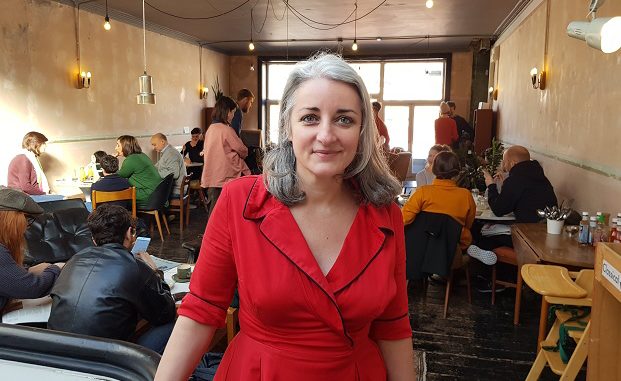
It is well acknowledged that there is a crisis in the health service, much of which has been caused by austerity. Responding to the long-term health needs of an ageing population, NHS England has proposed that health care shifts away from hospitals and into general practice and the community.
But, as hospital services are being withdrawn, community services are being cut and general practitioners (GPs) are being stretched to the limit by the lack of hospital beds and community nursing as well as cuts to adult social care.
In 2010, there were 8,324 GP practices across England; by 2017, 1,000 of these had been lost, and funding for general practice has been slashed by up to 25%. In March 2017, junior minister David Mowat MP announced the existing surgeries would be reduced to 1,500 ‘super hubs’, each serving 35,000 to 40,000 patients.
In Thanet since the start of this year, two valued GP practices have closed at Osborne Road (Broadstairs) and Union Row (Margate) and Garlinge does not look to appear in any future plans. Of the 14 remaining surgeries, Newington and The Grange in Ramsgate are refusing to accept new patients on safety grounds.
There is a shortage of family doctors, just as there is in other parts of the health service. In April 2016, the Secretary of State for Health, Jeremy Hunt, promised an additional 5,000 GPs by 2020. Earlier this month, Hunt admitted that this pledge would not be met, which has been exacerbated by the Government’s mishandling of visas for overseas doctors.
Thanet’s GPs currently see between 2,000 and 2,800 patients each; the national average is 1,600 to 1,800 patients per doctor. Thanet’s population of just over 145,000 is expected to grow to 160,000 and 30% of our GPs are due to retire over the next five years, meaning that more surgeries will reach capacity.
Margate surgeries are offering evening appointments on a rotating basis, enabling them to see 400-500 more patients per week, which is putting extra pressure on staff. According to a Government imperative, this will be rolled out across Thanet by the autumn, together with weekend appointments. At a meeting on 12 June, Thanet’s health commissioners admitted that GP practices are under immense pressure.
At least two ‘integrated facilities’ – or super hubs – are being proposed, at Bethesda (Margate) and Westwood Cross. Some of the capital has been secured to build them, with private sources not being ruled out for the remainder. A range of healthcare professionals is expected to be on site to respond to specific needs, which will require adequate training and safeguarding.
Some of the existing GP practices (including Northdown Surgery) will merge into these new sites, raising questions about how the infirm, disabled and carless will reach their doctors. Following an initial event in Canterbury at the end of February, consultation on the changing primary care landscape is promised in the near future, but concerns have been raised that aspects of the plan already seem far advanced.
Health commissioners claim that, by enlarging two GP practices, savings will be made in hospital admissions that can be invested in primary care. There is no evidence to support these claims. The same commissioners admit that change is being driven by necessity, with a £486m deficit looming by 2020/21. Experiments in cost cutting being trialled in Thanet are being watched by national think tanks.
At the same time, aspects of the health service have been outsourced to private companies. Integrated Care 24 –which takes out-of-hours GP calls – has been exposed elsewhere as posing a significant risk to patient safety. In Thanet, the service is subject to significant delays and sites are being left unstaffed.
Dr Kailash Chand, Honorary Vice President of the British Medical Association, describes the creation of super hubs as part of a deliberate drive towards federalisation and privatisation. He foresees that ‘Proposals to turn our highly valued GP practices into healthcare hypermarkets mean a poorer quality of service, particularly for those in most need. The poor, the elderly and those with multiple illnesses – the very ones who are most in need of one doctor to co-ordinate their care – will lose the most’.
In advance of the 70th birthday of the NHS, Theresa May announced an extra £384m a week, in real terms, by 2023. This falls short of the 4% that the Institute of Fiscal Studies has deemed necessary to sustain the health service into the future. Responding to the announcement, Professor Helen Stokes-Lampard, Chair of the Royal College of GPs, argued that ‘the NHS can survive another 70 years, and beyond, but that will depend on a robust general practice service’.
In Thanet, we need more funding, more doctors and more social care. We also need to preserve surgeries in our communities and to maintain vital services at QEQM hospital.
To find out more about the changing health landscape in Thanet, come to the conference organised by Save Our NHS in Kent on Saturday 23 June at the Salvation Army in Ramsgate.

